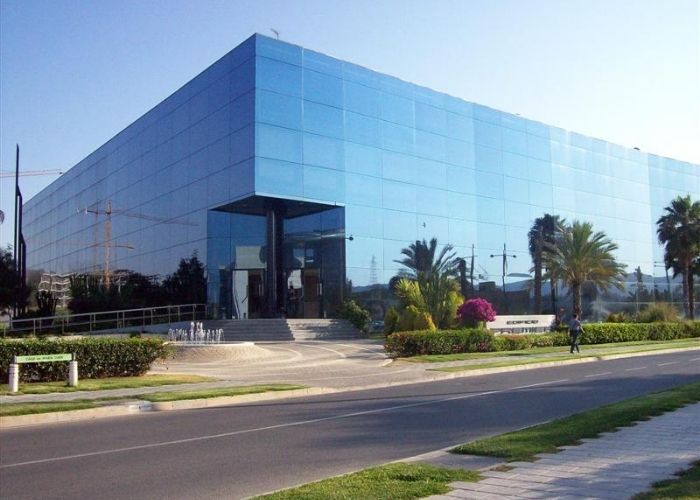MáLAGA – The capital of the Costa del Sol no longer only attracts only sunbathers. With the arrival of large international companies such as Google and Vodafone, Malaga is increasingly seen as the technical centre of Spain.
It is not entirely out of the blue that major tech companies are showing an interest in Malaga. As such, the municipality is currently reaping the benefits of a strategy that was set in motion years ago. Under the heading ‘Malaga Valley’, various pilots and initiatives have been launched in recent years to make the city more attractive for tech companies. From a self-driving bus to a project like Malaga Workbay, in which employees of multinationals based in Malaga are deployed as ambassadors. There has been frequent collaboration with regional and national governments.
Combination of factors
But several factors underlie the success of Malaga Valley. For example, Rosa Sánchez, Councillor for Tourism and Promotion, says: “What we have seen is that Malaga’s offer is complete. Apart from the technological facilities and access to a highly skilled workforce, companies value the quality of life. As well as the cultural offer, the climate and communication facilities.”
Moreover, the city has managed to take advantage of the current ‘sun, sea and beach model’ in a different way. Several infrastructures and services, created by tourism and thanks to the many foreign residents, are also attractive for tech workers. The large international airport, the AVE high-speed train connection, and the presence of a variety of international schools are examples of this. The schools in particular appear to be a plus. Tech employees attach great value to the city as a family destination.
Major international companies
It is also this combination of factors that has already brought several large multinationals to Malaga this year. Oracle, Orange, PWC, Atlantic International Technology, Huawei, Avatel Telecom, and DHV Technology are located there.
Vodafone recently announced the opening of a European Centre for the Development of New Technological Solutions. Furthermore, this will have space for no fewer than 600 employees. In a press release, the telecommunications company said it chose Malaga because of its ‘quality of life, availability of talent with the necessary technical skills, working conditions, transport, and government subsidies’.
Google had similar motivations. At the beginning of this year announced it would build a 2,500 square metre ‘Centre of Excellence in Cybersecurity’. This is planned for the former military government building in Malaga. The tech company also referred in their coverage to the UMA (University of Malaga). This plays a major role in technology research and training the workers needed by the sector.
In total, there are about 60 foreign companies based in Malaga, which, along with 600 other companies, are largely housed in the Málaga Tech Park. They employ as many as 20,000 employees.
Málaga 2030
Furthermore, the city council has even more grand plans. The municipality has announced it wants to organise the Expo of 2027 in Málaga with the theme ‘The Urban Era: towards a sustainable city’. Consequently, the plan is to pay attention to the main challenges society will face in the medium and long term.
Therefore, reaching Expo 2027 would, according to Andalucia’s government adviser, Elías Bendodo, be ‘the icing on the cake of the transformation this city has undergone over the past two decades’.


